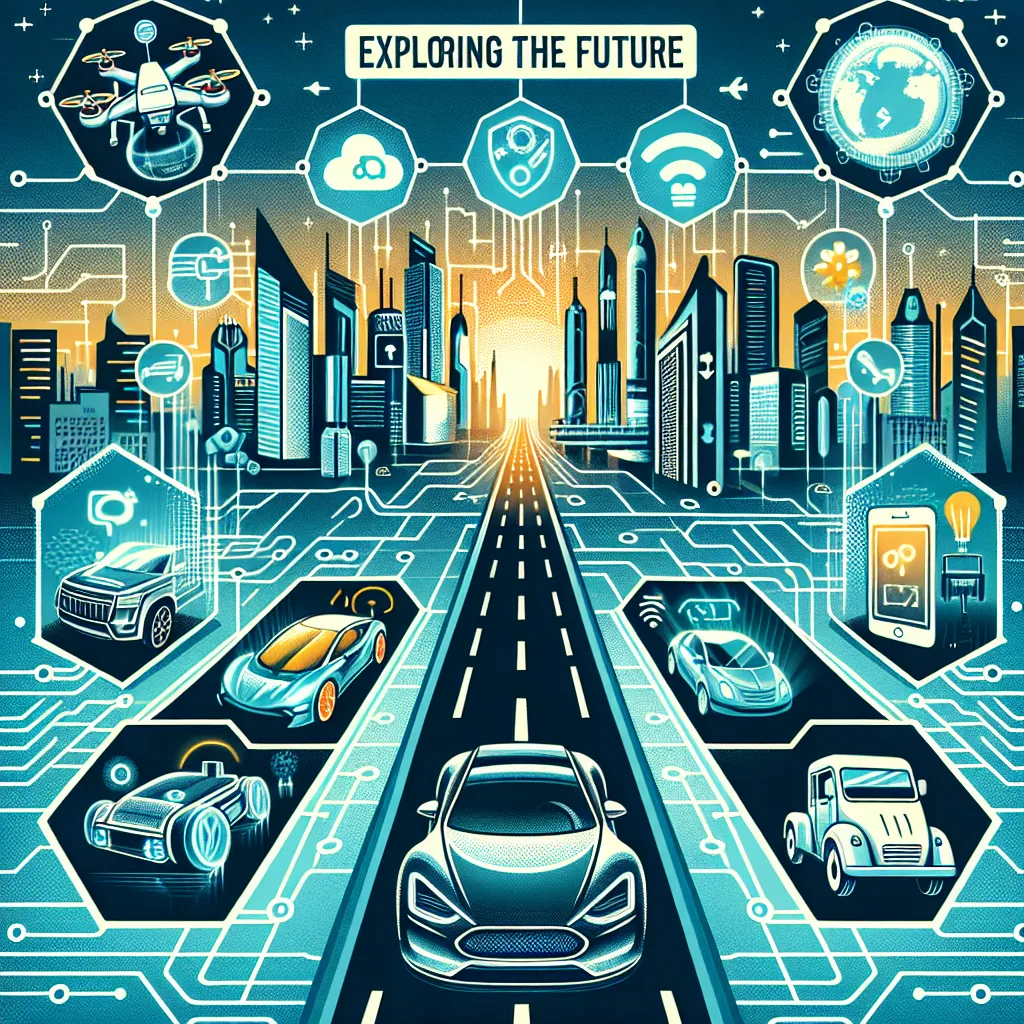The Dawn of Autonomous Vehicles
The concept of self-driving vehicles is no longer a sci-fi dream. Companies like Tesla, Google's Waymo, and Uber are already testing autonomous vehicles on public roads. These cars use advanced AI algorithms, sensors, cameras, and lidar technology to navigate traffic, obey traffic rules, and make decisions. While the technology isn't perfect yet, advancements are being made rapidly, and we could see autonomous vehicles becoming a common sight in the near future.
The Rise of Electric Cars
With the increasing concern about climate change and the harmful effects of fossil fuels, the adoption of electric vehicles (EVs) is on the rise. Leading the charge are companies like Tesla, Nissan, and Chevrolet, with their popular EV models. However, more traditional car manufacturers like Ford and Volkswagen are also jumping on the EV bandwagon. The infrastructure for EVs, such as charging stations, is also improving, making it more feasible to own an electric car.
Vehicle Connectivity and IoT
The Internet of Things (IoT) is making its way into the automotive industry. This means cars that are connected to the internet and can communicate with other devices. This could include everything from vehicles that can diagnose their own mechanical issues and schedule maintenance appointments, to cars that can communicate with each other to avoid collisions. This technology could also pave the way for more advanced autonomous vehicle systems.
Augmented Reality Dashboards
While heads-up displays (HUDs) have been around for a while, augmented reality (AR) dashboards are the next step. These systems can project information onto the windshield, providing real-time information about the road, navigation, vehicle status, and more. This technology could significantly improve safety by allowing drivers to keep their eyes on the road while still receiving critical information.
Renewable Energy Sources
As we move away from fossil fuels, we're also looking at other renewable energy sources for vehicles. While electric cars are a big part of this, other technologies are also being explored. Hydrogen fuel cells, for example, are a promising technology that could power cars with zero emissions. Solar-powered cars are also becoming more feasible, with some prototypes already on the road.
Conclusion
The automotive industry is on the cusp of a major transformation, with several exciting innovations on the horizon. From self-driving cars to renewable energy sources, these technologies promise to reshape the way we drive and interact with our vehicles. As a car enthusiast, it's an exciting time to be involved in the world of automotive technology. Stay tuned to Auto Ready for the latest updates and reviews on these emerging trends.
